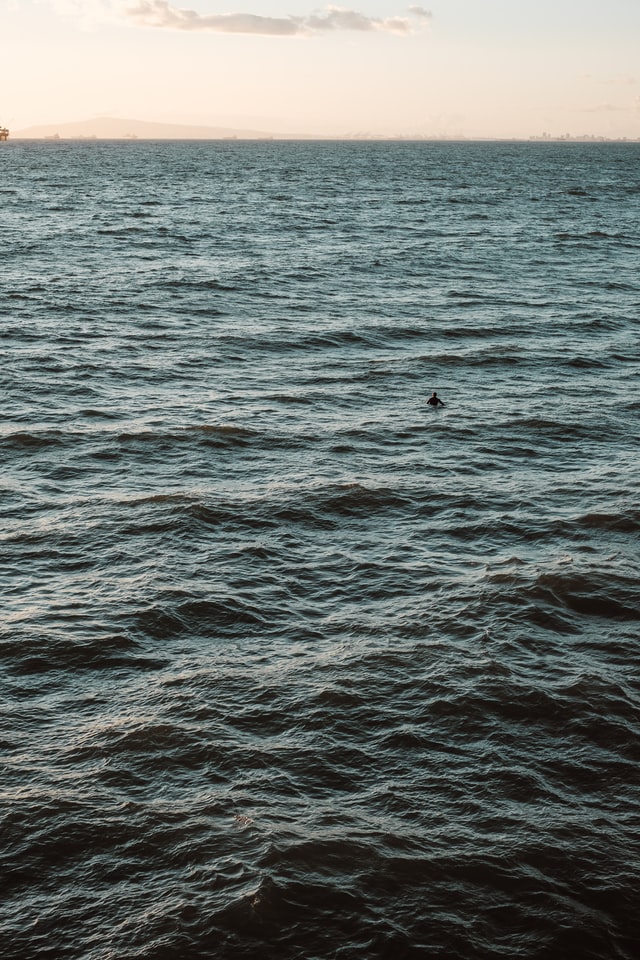The people of Palau -- a pristine ocean state made up of more than 300 islands in the western Pacific -- warmly welcome travelers to their home every year. But the guests don't always know how to protect the country's beautiful beaches and coral atolls. Enter the Palau Pledge: an environmental pledge that's now part of visitors' visas, where they promise to "tread lightly, act kindly and explore mindfully" -- while respecting the country's culture and heritage. (Thanks to Jennifer Koskelin-Gibbons and Susan Kloulechad)
Vegan chef (and head chef of TED Countdown Summit) Derek Sarno is on a mission to unleash the mighty power of plants, creating nutritious food from mushrooms and vegetables that's full of texture and flavor -- and good for the planet. He dishes out some creative cooking inspiration and shares how his personal journey led him to create amazing food that avoids animal suffering.
When it comes to big problems like climate change, we tend to focus on big solutions -- but many of the best ideas come from people on the ground, facing day-to-day conservation battles. Sharing her effort to protect the Leseur ecosystem in Indonesia (the last place on Earth where the Sumatran rhino, tiger, elephant and orangutan still roam together in the wild), TED Fellow and conservationist Farwiza Farhan explains the challenges women face on the front lines of forest preservation within patriarchal societies -- and the resilient, world-changing power they hold.
As a diver in the 1970s, marine ecologist Enric Sala saw once-lush oceanscapes reduced to underwater deserts -- but later, in marine preserves across the globe, he also witnessed the ocean's power to rejuvenate itself when left to its own natural devices. Could rewilding the planet help us restore biodiversity and reduce the impacts of climate change? Sala presents the 30x30 initiative: a global plan to protect 30 percent of the Earth's surface and the ocean floor by 2030.
Africa needs new energy sources to fuel its development, but the continent should invest in renewable energy instead of cheap, polluting alternatives like coal, says climate inclusion activist Chibeze Ezekiel. He tells the story of how he worked with local communities in Ghana to halt the construction of the country's first coal power plant -- and encouraged the government to prioritize investments in renewable energy instead. "Development and clean, breathable air should not be mutually exclusive," Ezekiel says.
Want a healthier love life? Get better sleep, says sleep scientist Matt Walker. In this episode, he explains how getting more quality shut-eye can boost fertility and vitality -- plus how sex can even improve your sleep.
Who are you, really? Neuroscientist Anil Seth lays out his fascinating new theory of consciousness and self, centered on the notion that we "predict" the world into existence. From sleep to memory and everything in between, Seth explores the reality we experience in our brains -- versus the world as it objectively might be. (This talk and conversation, hosted by TED science curator David Biello, was part of a TED Membership event. Visit ted.com/membership to become a TED Member.)
When it comes to tackling climate change, the size of a country doesn't matter -- it's their ambition that counts, says First Minister of Scotland Nicola Sturgeon. In a rousing talk, she shares examples of small nations -- from Bhutan and Fiji to her own Scotland -- whose leadership and climate action are galvanizing change on the international stage. (Followed by a brief Q&A with TED's global curator Bruno Giussani about the Cambo oil field project)

